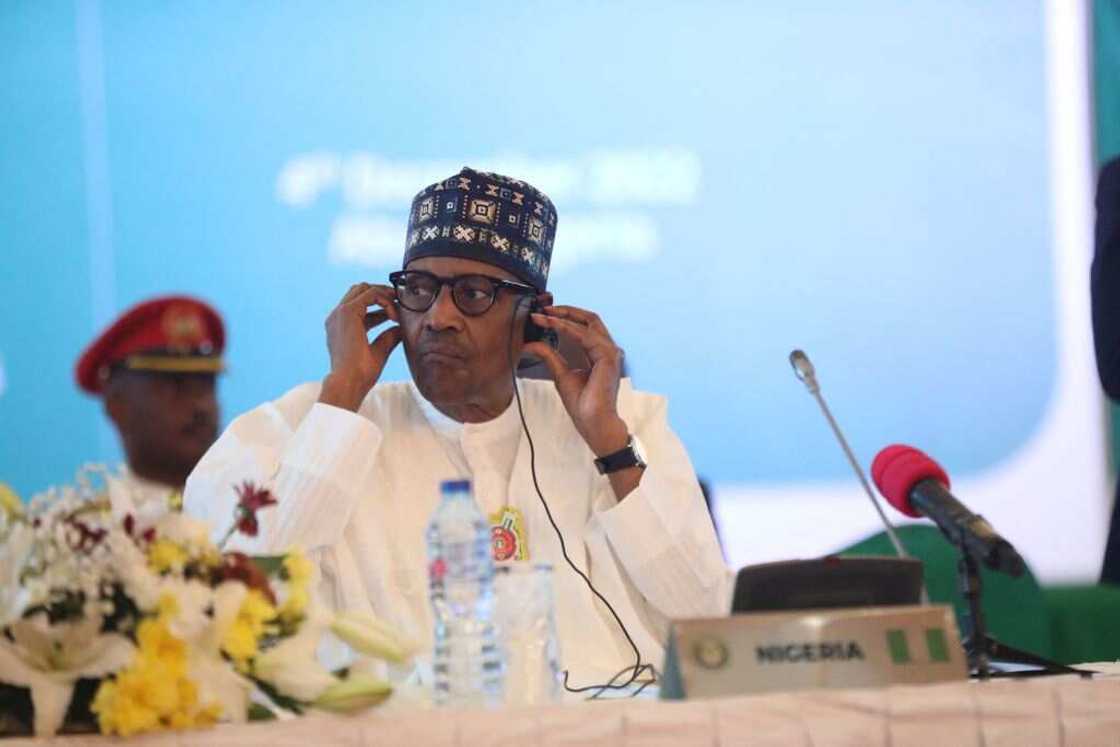DMO Says Nigeria Public Debt Now N44 Trillion, Struggles With Repayment Amid Low Revenue
- The Debt Management Office (DMO) has said that Nigeria's total debt is now N44 trillion in a new statement
- According to the DMO, Nigeria added N1.22 trillion in debt in the last three months of 2022
- The Minister of Finance, Budget and National Planning said Nigeria is struggling with debt servicing
PAY ATTENTION: Click “See First” under the “Following” tab to see Legit.ng News on your Facebook News Feed!
With barely five months to the end of his presidency, President Muhammadu Buhari is leaving N44 trillion in debt for his successor.
Along with the huge debt profile, the Daura-born ex-military Head of State is also leaving a rabid economy, declining revenue and debt servicing challenges.

Source: Getty Images
DMO says Nigeria added N1.22 trillion in three months
According to a press statement by the Debt Management Office (DMO) on its website on Friday, December 10, 2022, the country’s debt profile rose to N44.06 trillion in the third quarter of 2022.
PAY ATTENTION: Click “See First” under the “Following” tab to see Legit.ng News on your Facebook News Feed!
The debt stock increased from N42.84 trillion recorded in the second quarter to N44.06 trillion in the third quarter of this year.
The present figure indicates a 2.85 per cent increase quarter-on-quarter and the country obtained N1.22 trillion in three months.
The DMO said that the spike in public debt was because of new borrowings by the Nigerian government to partly finance the deficit in the 2022 Appropriation Act and new borrowings by sub-nationals, a Punch report said.
The debt office noted that the total debt stocks comprise domestic debt at N26,92 trillion and external debt at N17.15 trillion.
World Bank worried about increasing debt
DMO said:
“Total public debt stock which comprises the total domestic and external debt stock of the Federal Government of Nigeria, all State Governments and the Federal Capital Territory stood at N44.06tn.
The World Bank has said that Nigeria’s debt is sustainable temporarily but vulnerable and costly in the long run.
The Washington-based global financial institution said Nigeria’s debt is also at risk of becoming unbearable in the event of macro shocks.
Per the World Bank report: “While currently the debt stock of 27 per cent of the Gross Domestic Product is considered sustainable, any macro-fiscal shock can push debt to unsustainable levels.
“However, the debt to the GDP in Nigeria is rising quickly, and the total stock of debt in absolute value has almost doubled between 2016 and 2020, and without a policy change is expected to reach 40 per cent of the GDP by 2025.”
Debt-serving problems
The Minister of Finance, Budget and National Planning, Zainab Ahmed admitted that Nigeria was finding it hard to service debts.
Ahmed said that despite increasing revenue, expenditure has been happening at a higher rate.
Nigeria’s public debt hits $151 billion as largest creditors are revealed
Legit.ng reported that as of June this year, Nigeria’s public debt has reached $151 billion, and most of the creditors are Nigerians.
Data from the Central Bank of Nigeria (CBN) reveals that Nigeria’s total public debt is estimated at $151 billion as of June this year.
The debt is relative to the $103.3 billion reported by the Debt Management Office (DMO).
Source: Legit.ng


